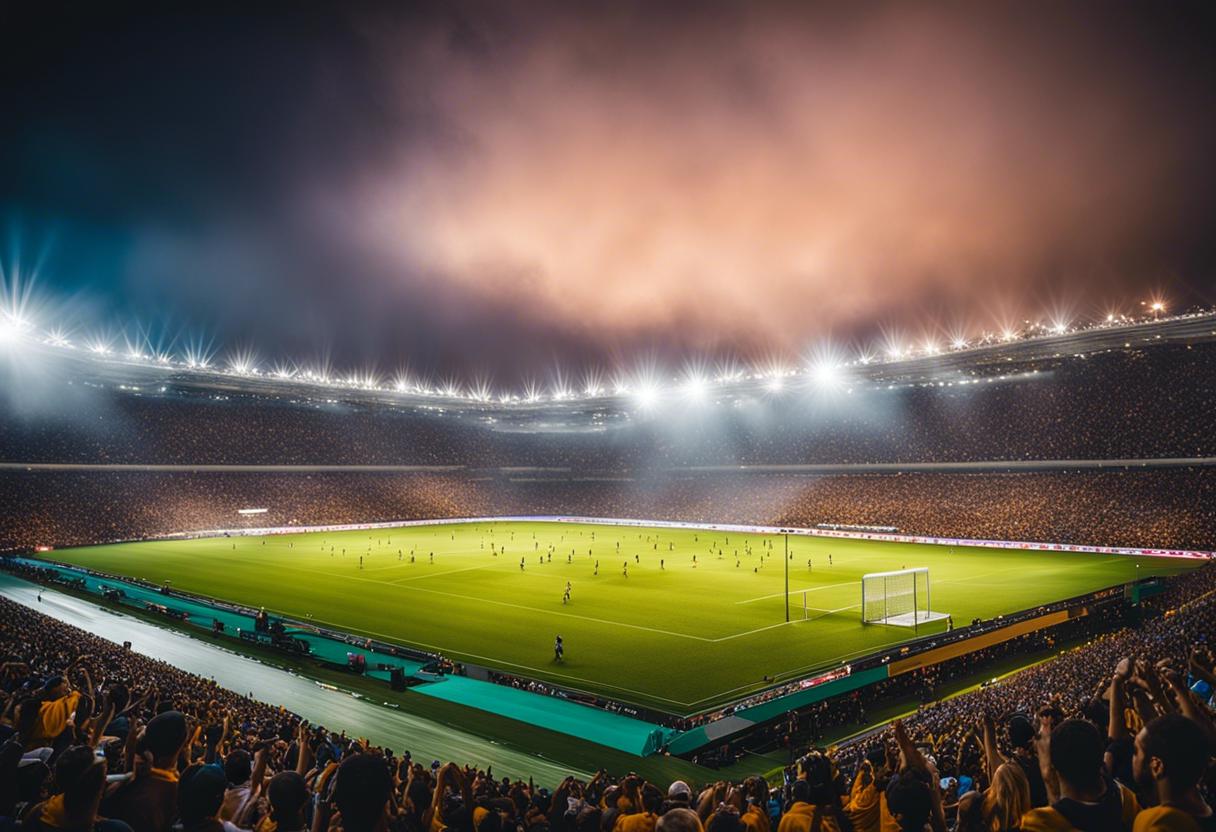The recent modifications to the Champions Cup have failed to regain the prestige it once held. It has lost its sparkle after an Anglo-French takeover in 2015 resulted in ERC’s dismissal and EPCR’s installation, marking significant shifts in the competition’s structure. These changes saw the tournament downsizing to 20 teams before a subsequent increase to 24 – alterations that, much like other undelivered promises, have proved unsuccessful.
Questions remain as to whether the inclusion of South African teams, though they have undoubtedly raised the competitive bar in the URC, has had a positive effect on the Champions Cup as a whole. There are individuals in France who hold a pro-European stance and harbour uncertainty about the potential dampening influence of the South African team’s entry on the tournament’s core essence. There are also practical issues regarding their involvement, made worse by the tournament’s compression into an eight-week timeframe. This change arises from the French and English establishments, LNR and PRL, who control two-thirds of the EPCR board, favouring their own local contests.
As a result, the Champions Cup is crammed into the season in advance of the play-offs of the Top 14, Premiership Rugby, and the URC. This is in contrast to football, where the Champions League final takes place following the culmination of the major European Leagues.
A significant logistical challenge for the Champions Cup is fitting the round of 16 and quarter-finals into back-to-back weekends, requiring teams to prepare contingency strategies for multiple scenarios at short notice. South African journeys throw up additional complications, exemplified by Jake White’s decision to field a secondary Bulls team, resulting in a 59-22 loss at their quarterfinal in Northampton.
However, the EPCR board is aware of these issues and is considering potential solutions. Changes to the format were unavoidable due to pandemic-induced disruptions, but the organisers’ ability to conclude the 2019-20 tournament was commendable. Furthermore, the semi-finals drew in over a hundred thousand spectators, with only tickets for Bruce Springsteen and Taylor Swift’s concerts selling out faster than the Leinster and Northampton Croke Park semi-final.
In addition to the first-ever contest between the tournament’s most successful teams, the final weekend of the competition will pit teams from all three participating leagues and four distinct nations against each other. This will be a welcome sight for tournament organisers.
The spectacle that is the Leinster-Toulouse final requires an elaborate production, complete with 29 cameras operated by six different broadcasting entities. Furthermore, this Champions Cup final is destined to reach an audience far beyond the stadium, with live broadcast in more than 100 nations. Even the previous season’s global audience of 73 million is set to be eclipsed.
Despite initial worries, interest in the sport has not waned, but rather been stoked by the World Cup. This is particularly noticeable in France, where Ronan O’Gara’s influence on La Rochelle’s mentality was instrumental in the Champions Cup. The celebrations that ensued in La Rochelle were priceless additions to the tournament, leading up to what is set to be a historic final.

